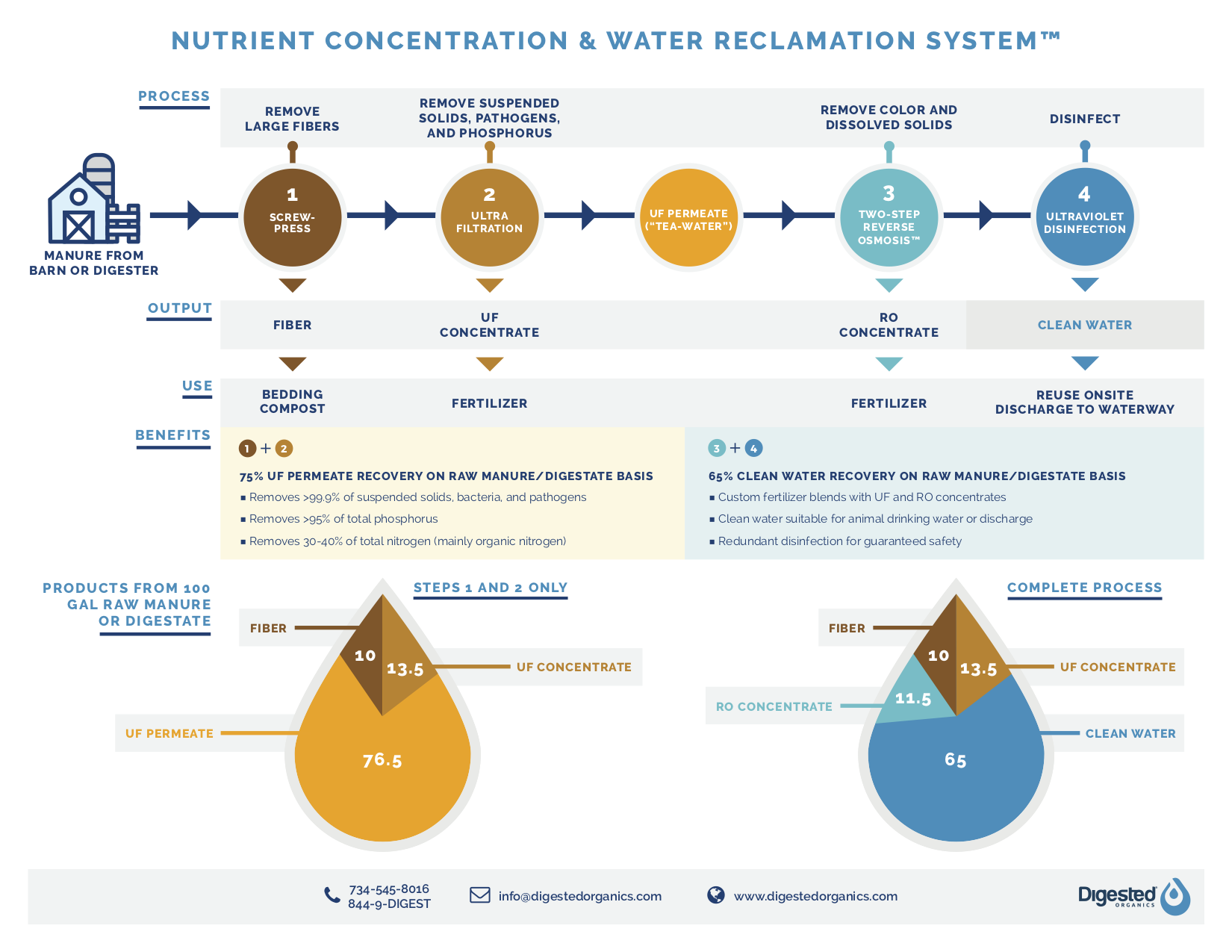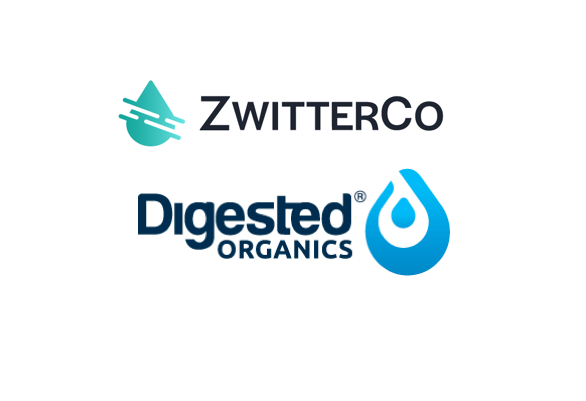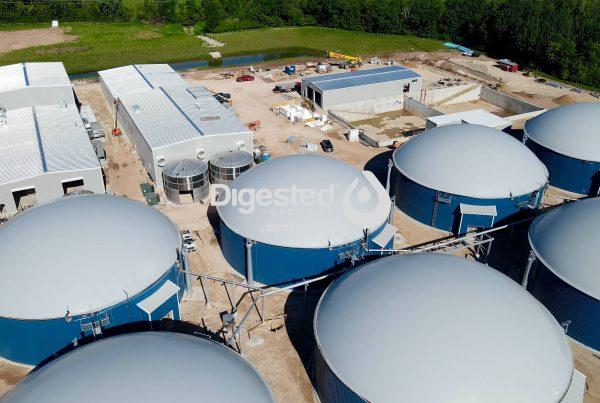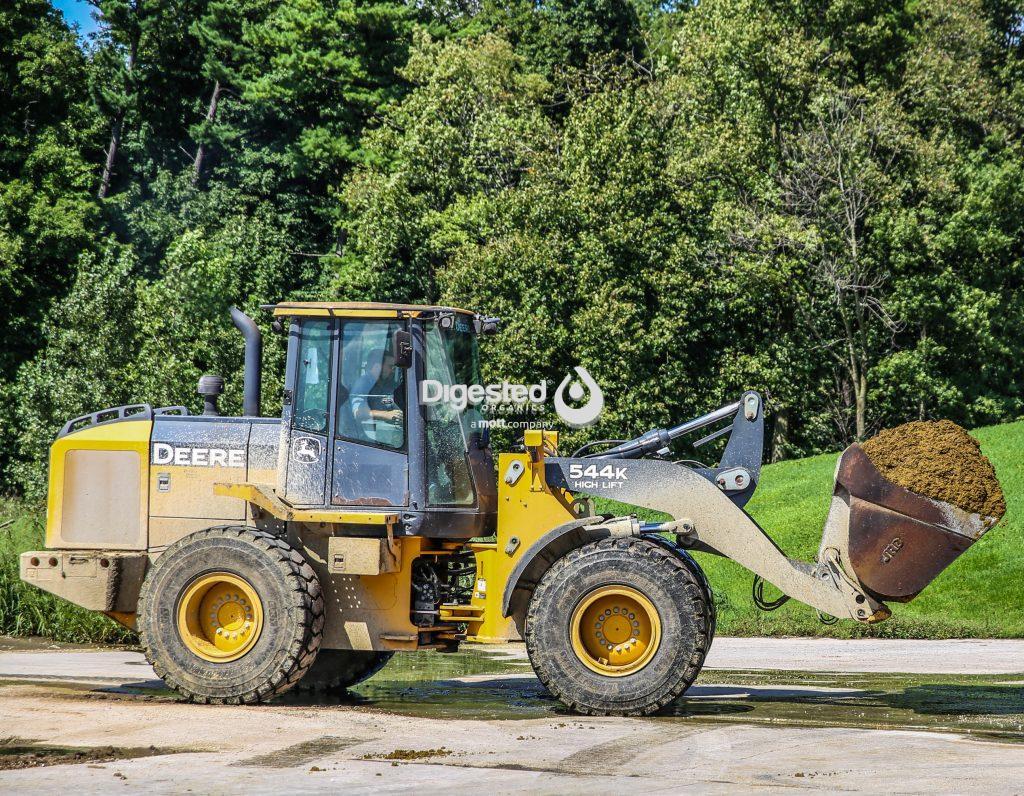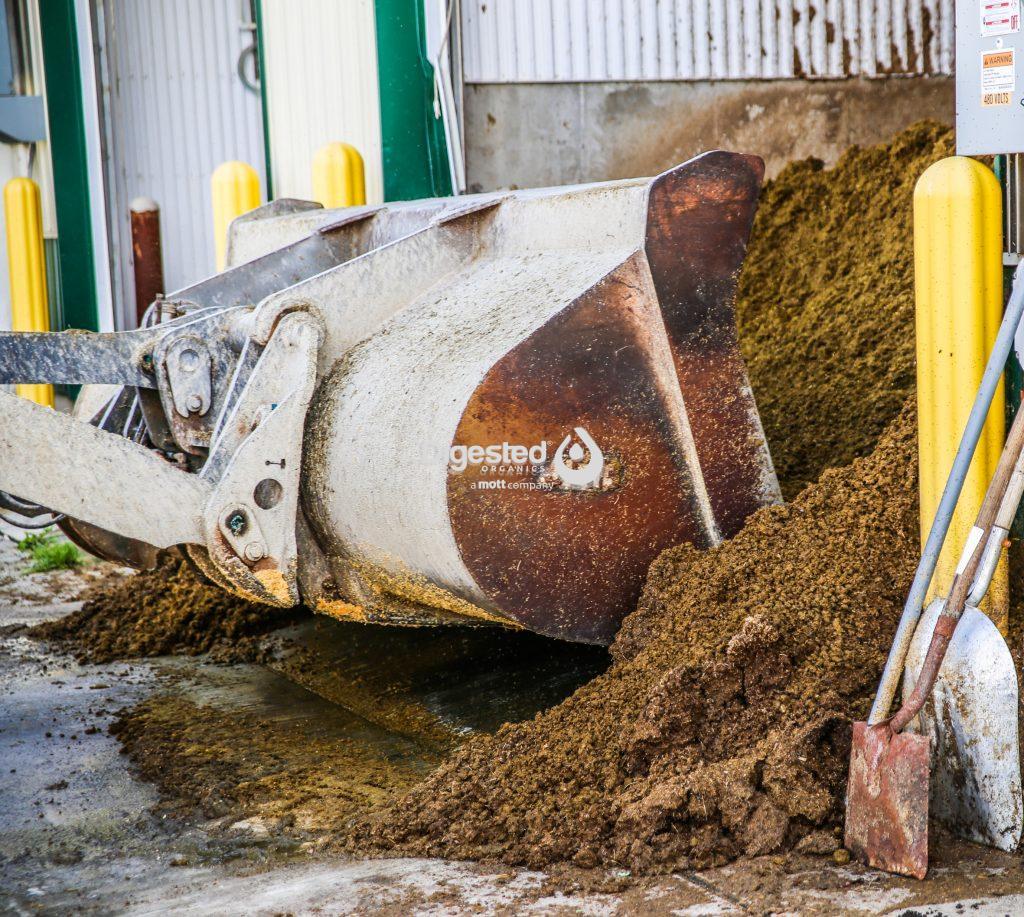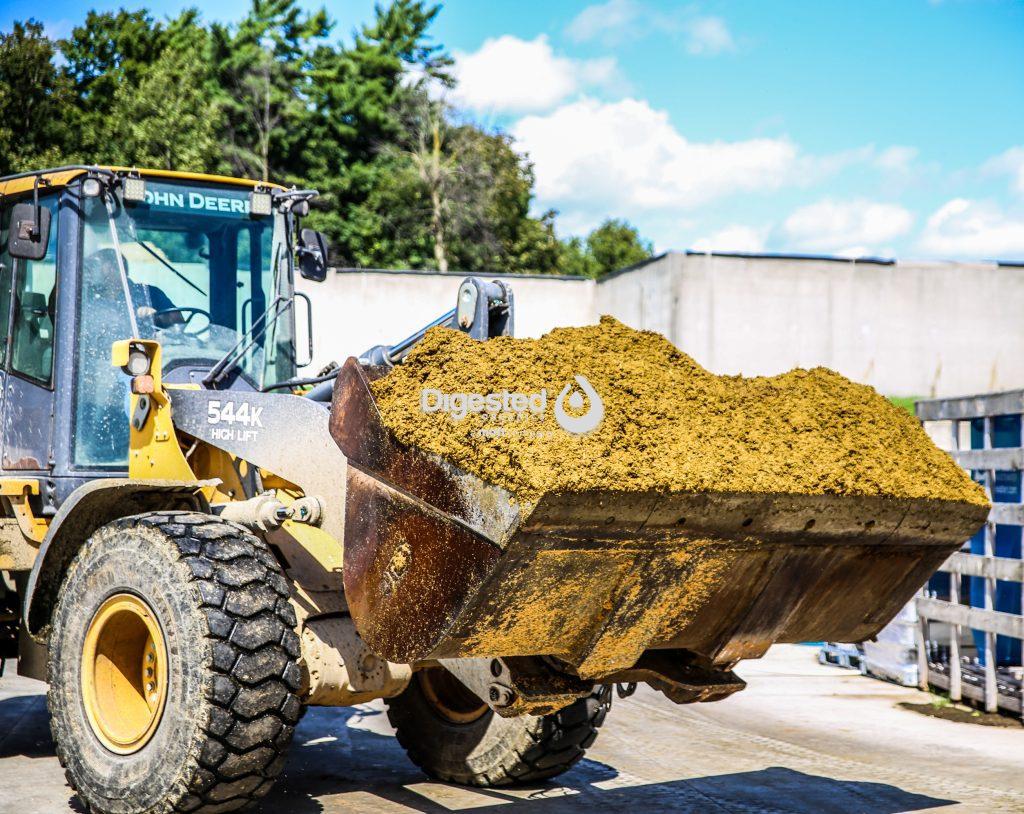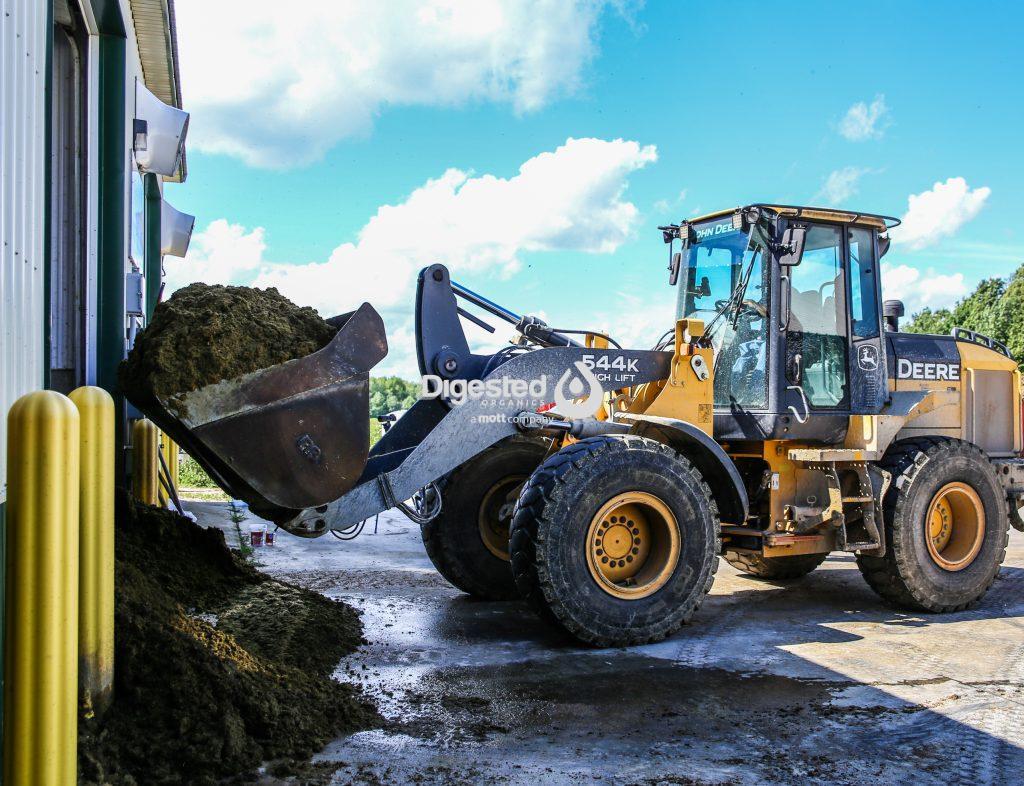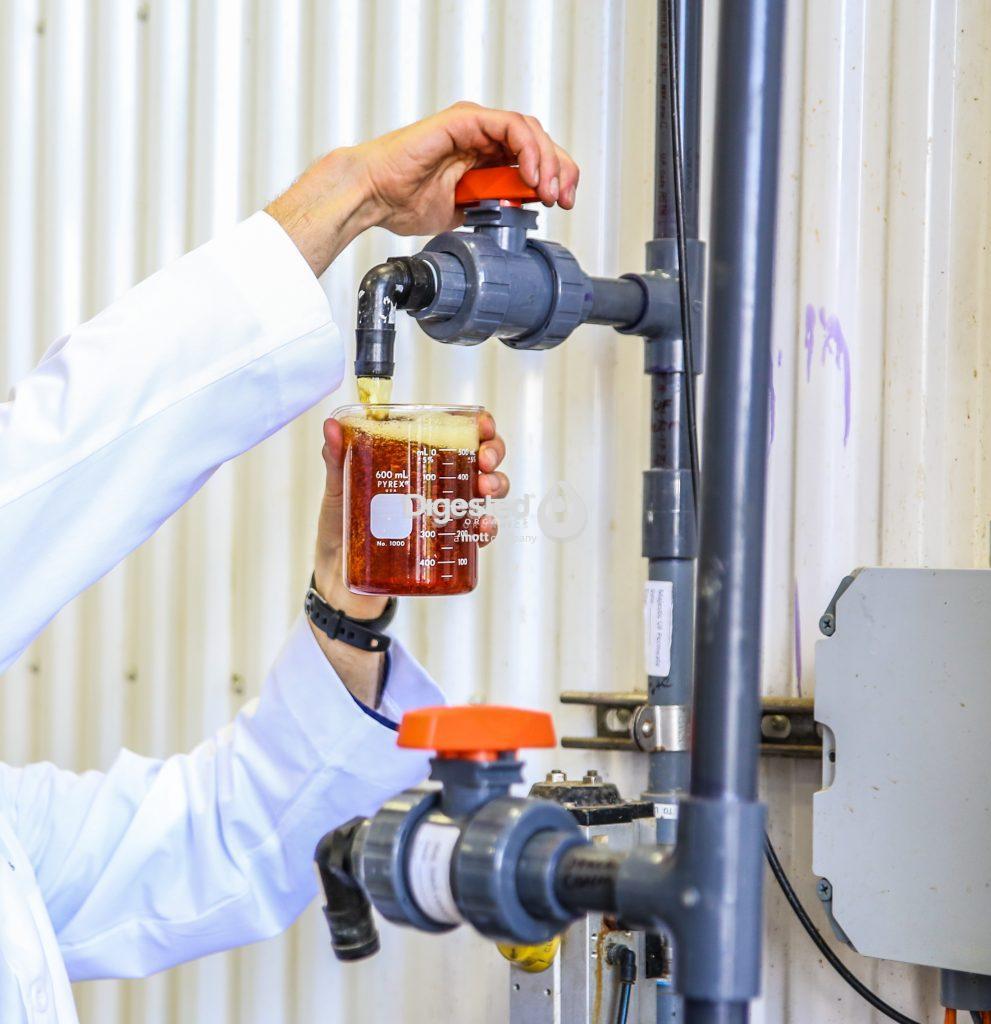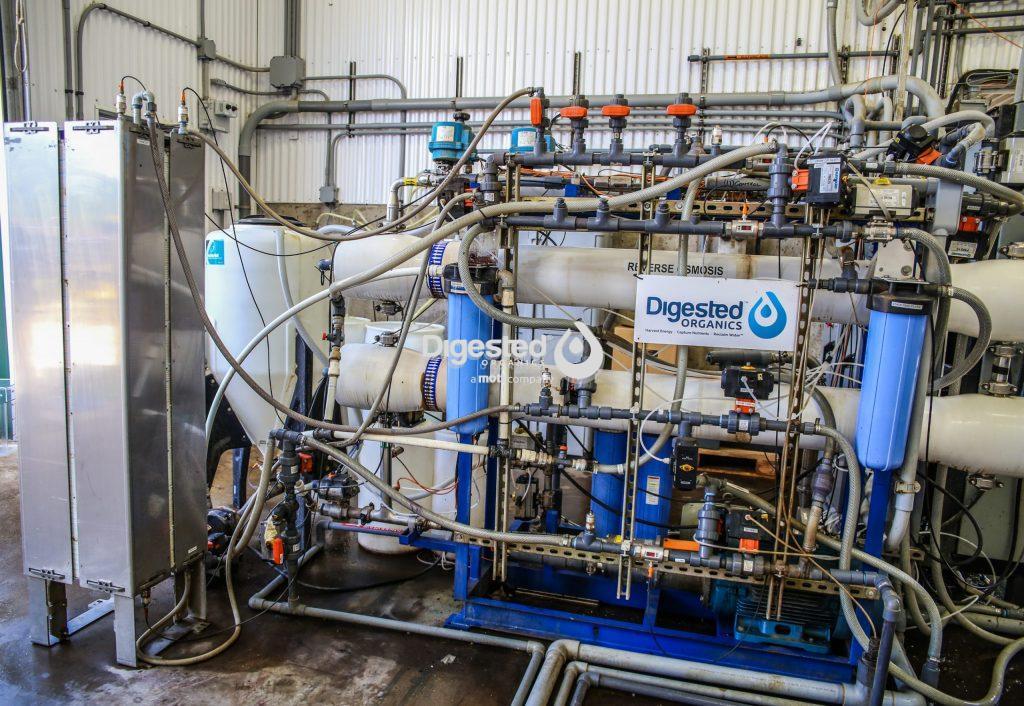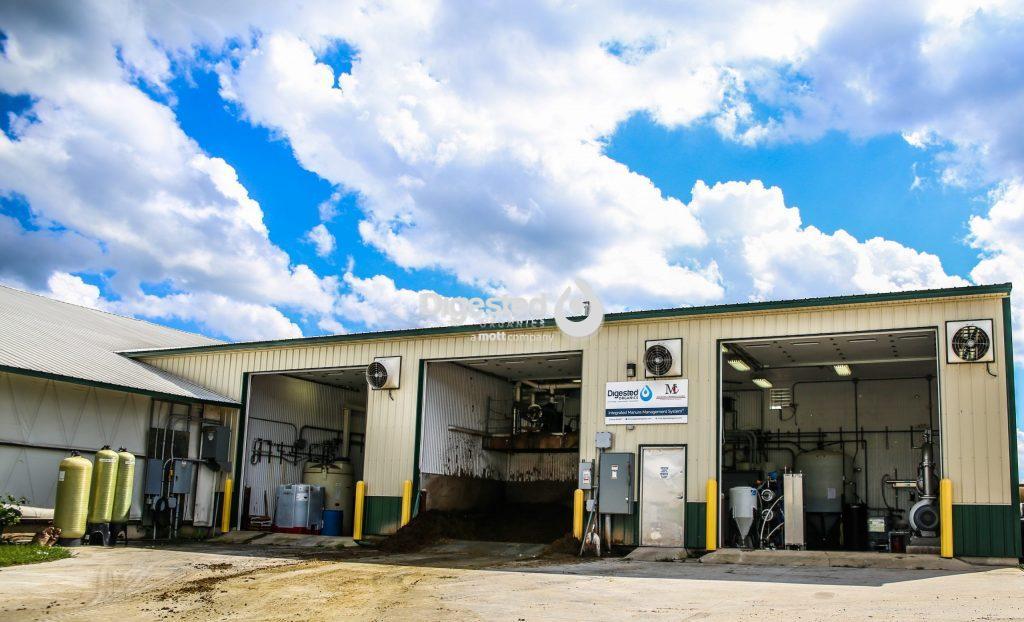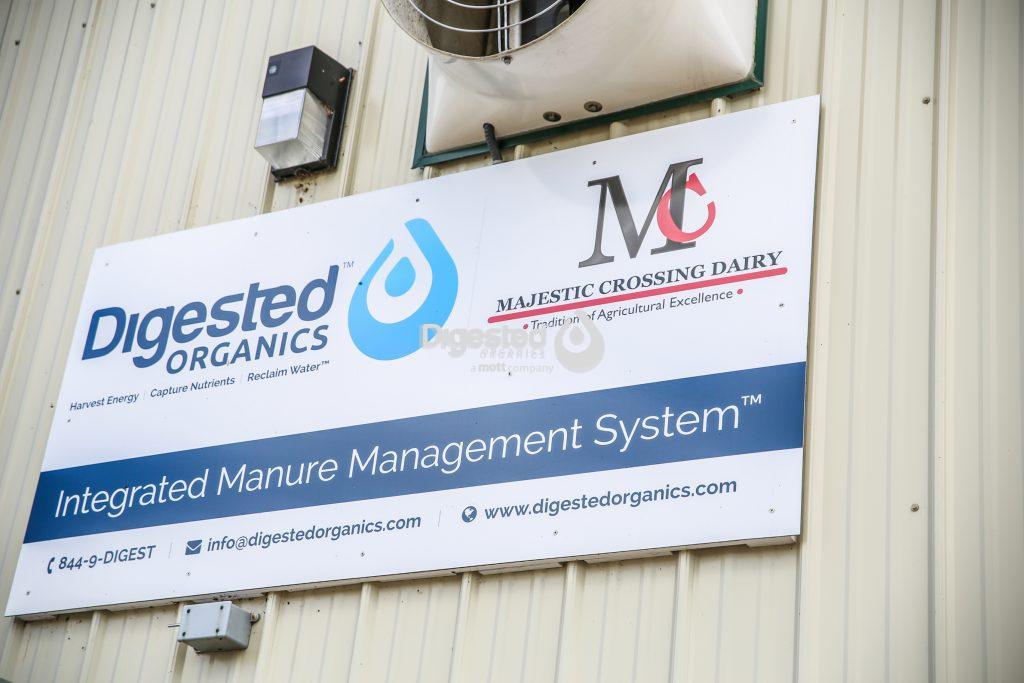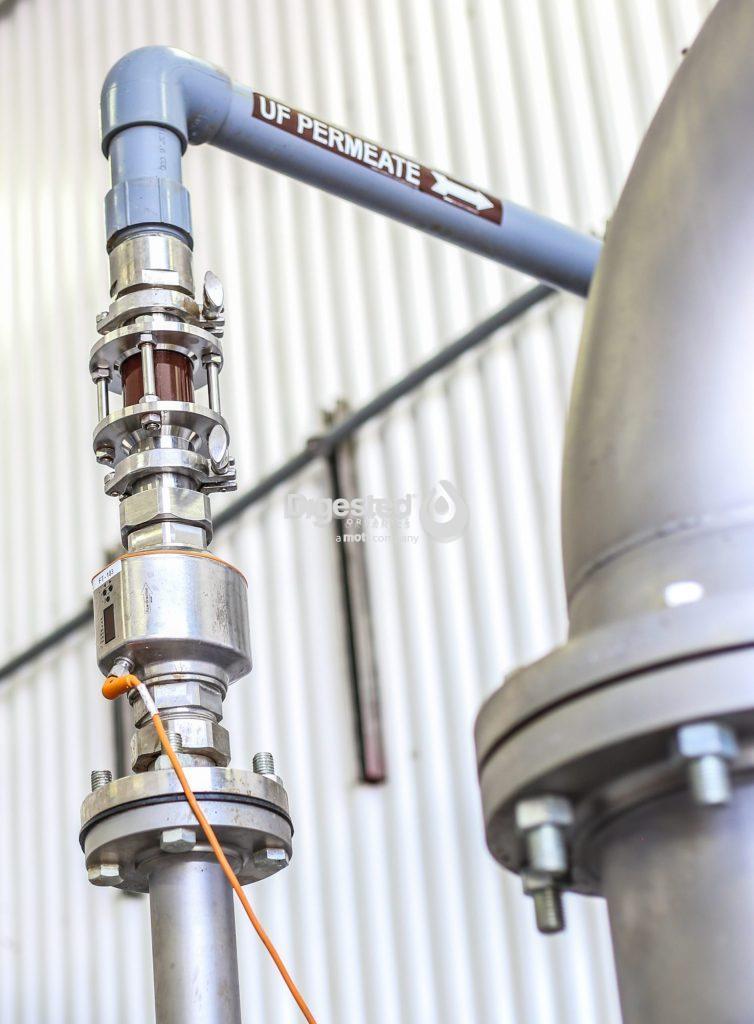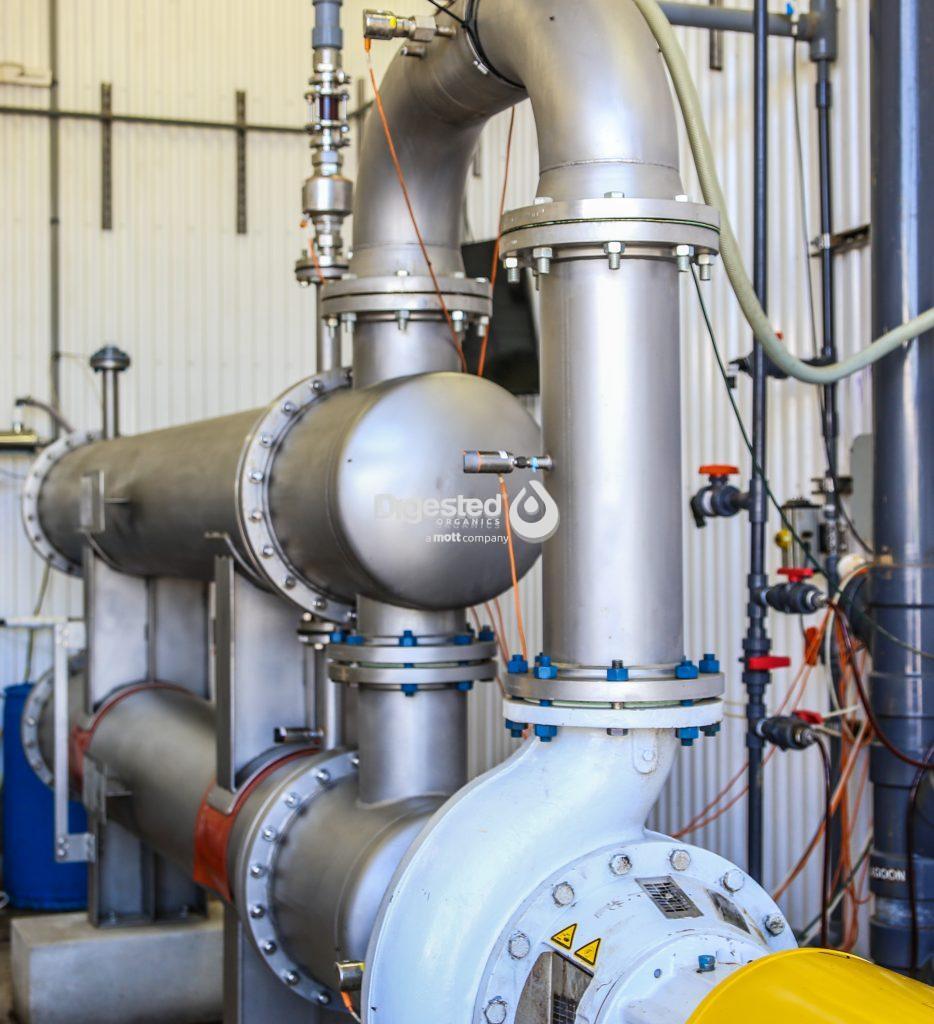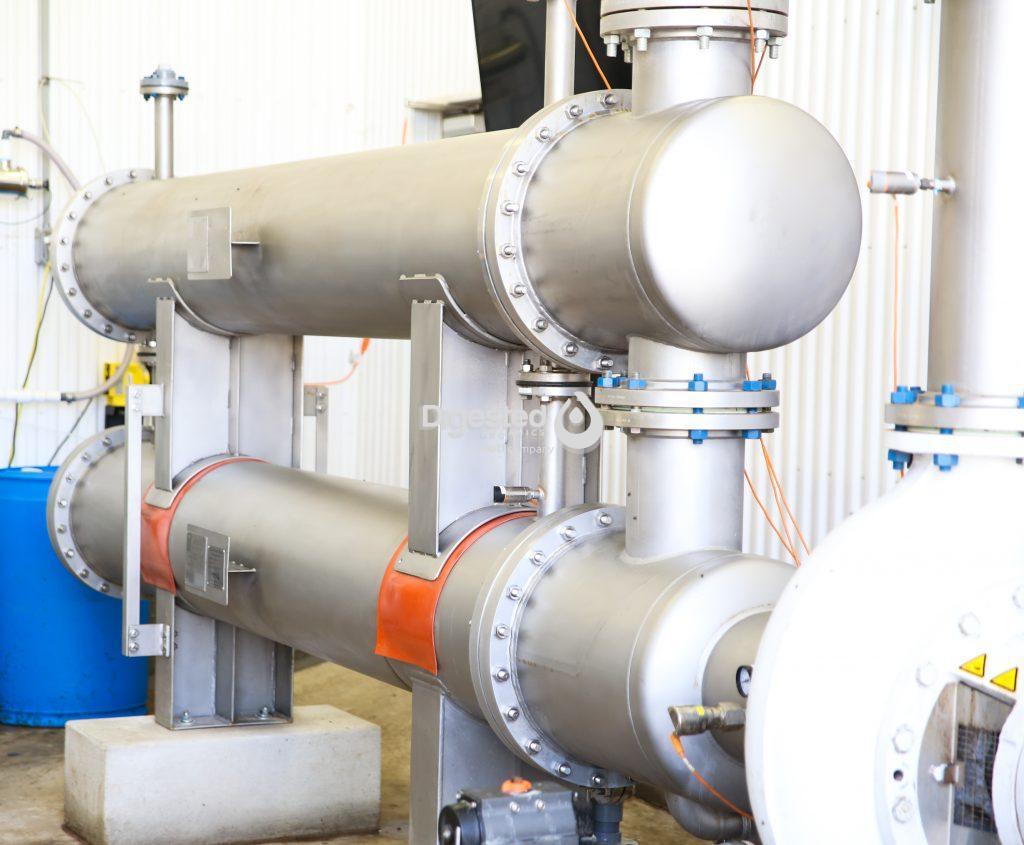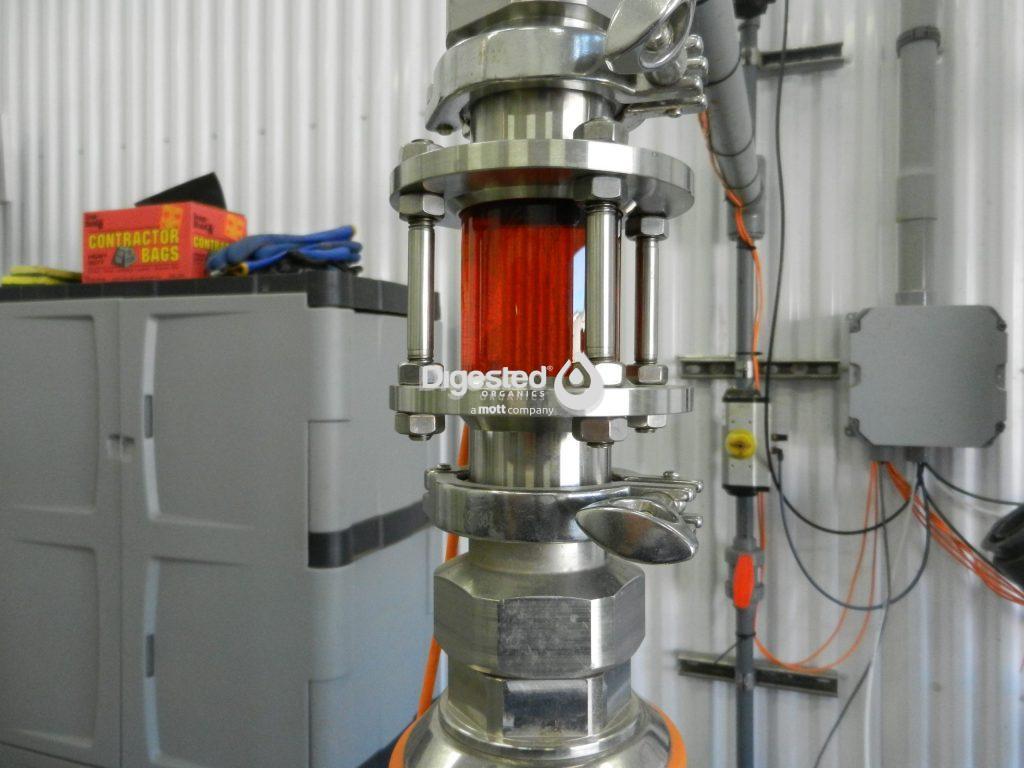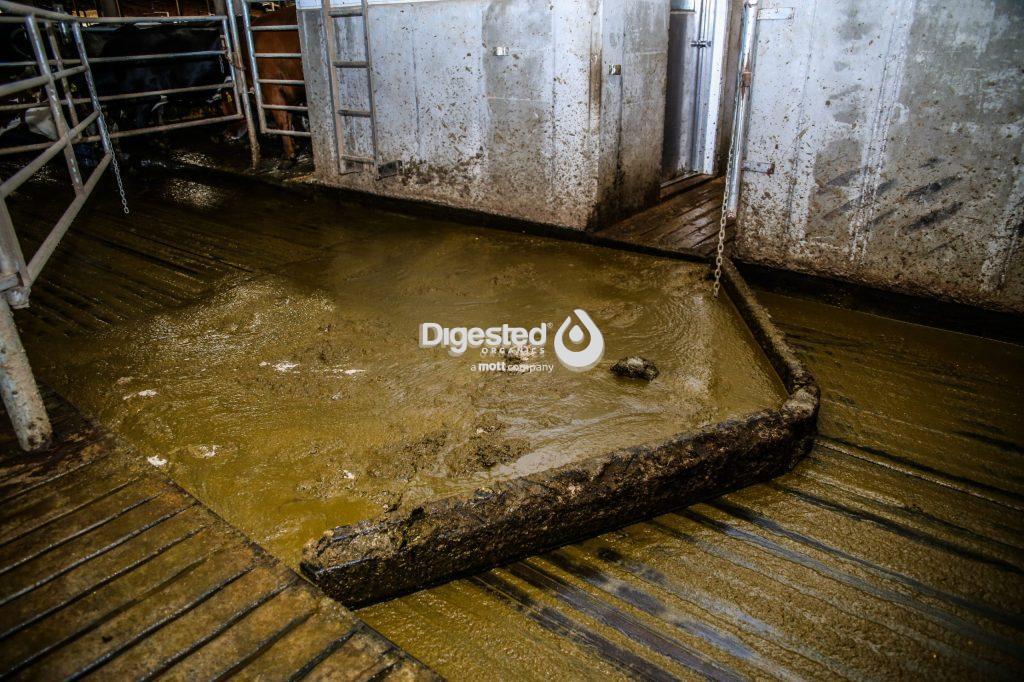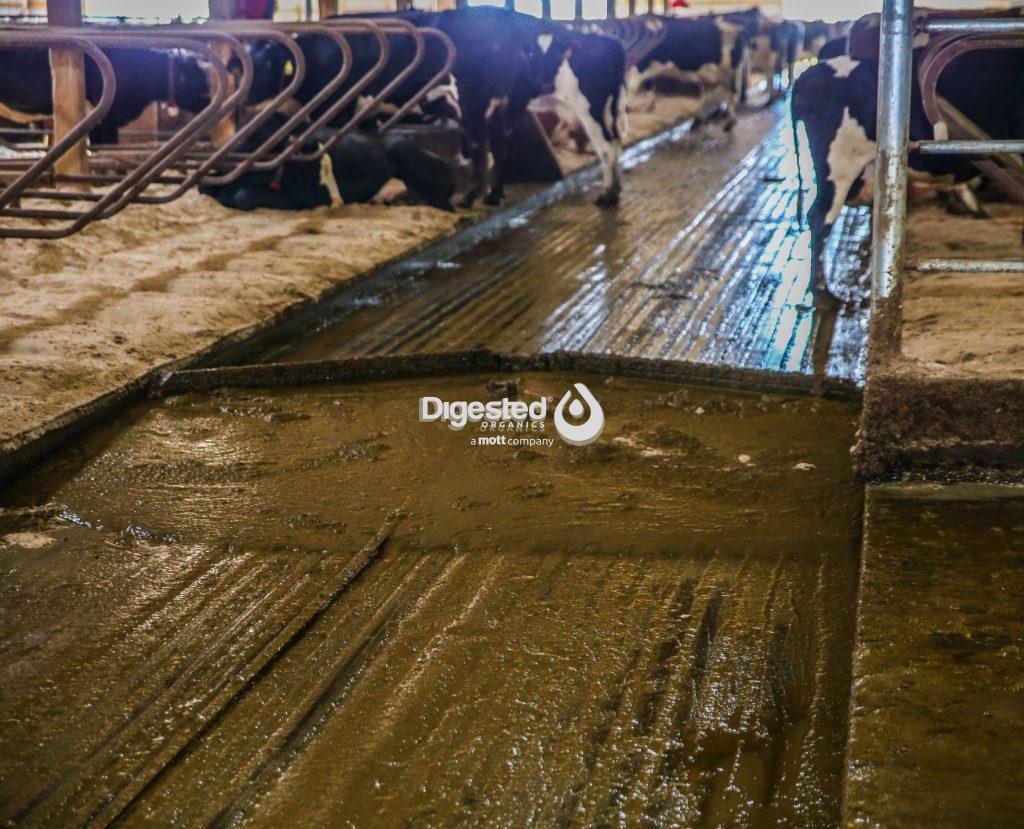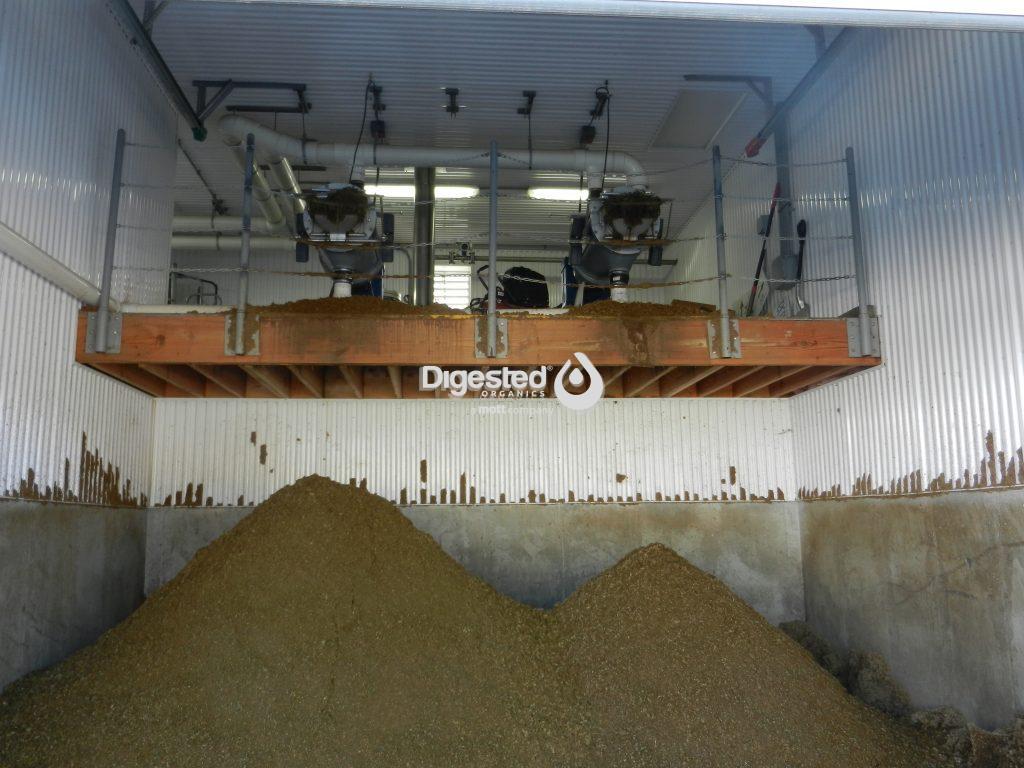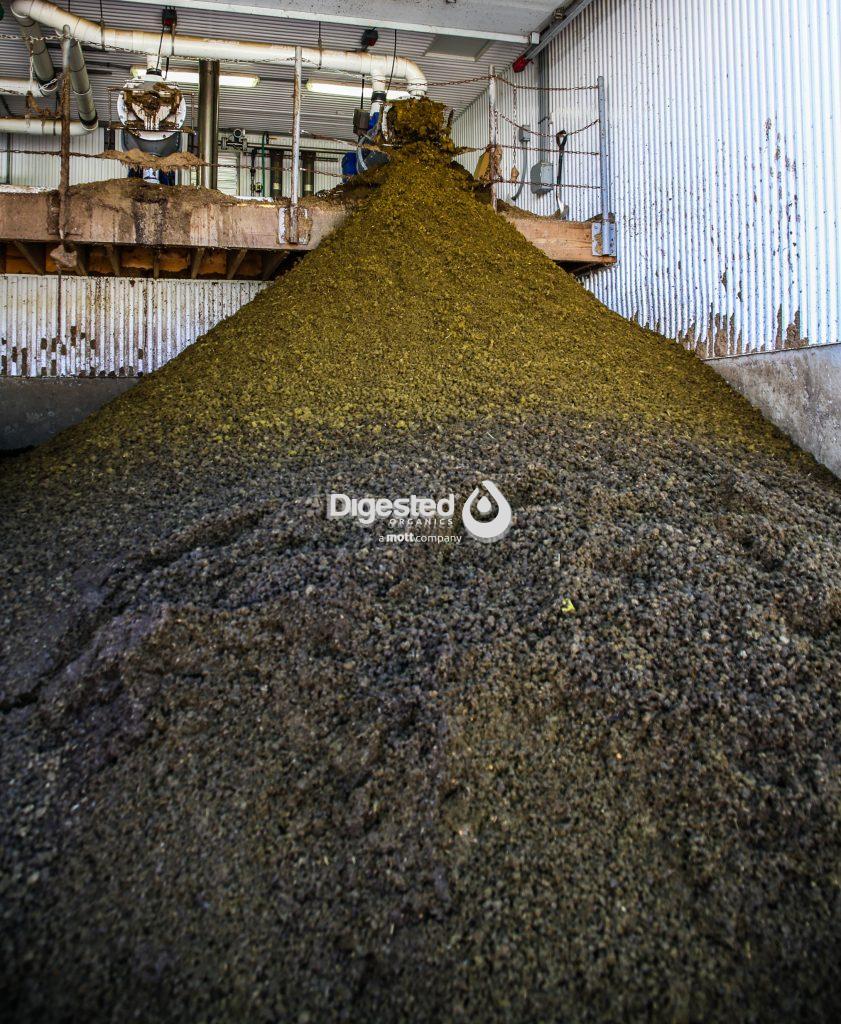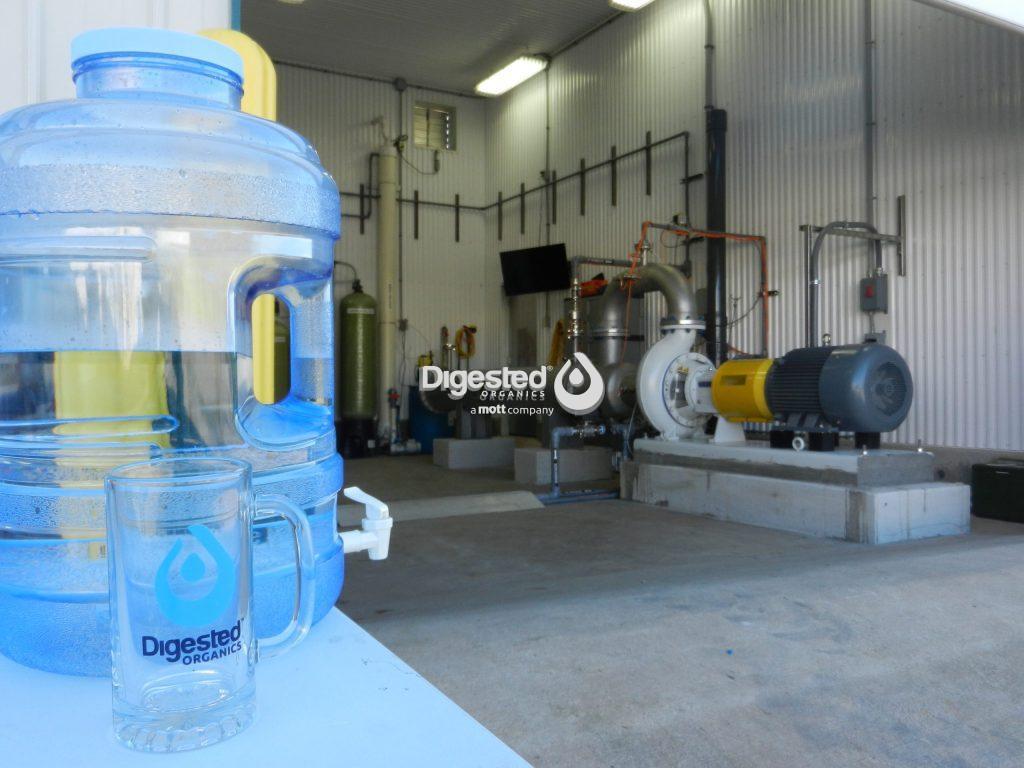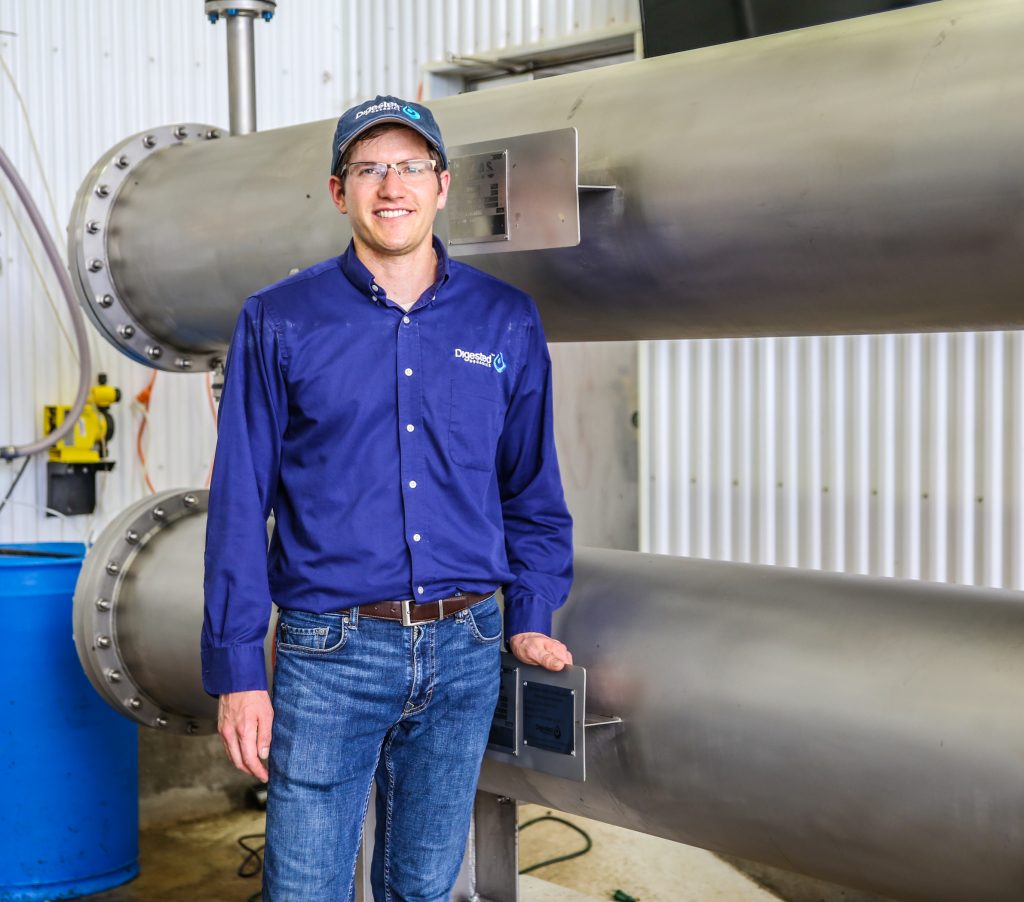Integrated, Robust Filtration Solutions
At Digested Organics, we offer the Nutrient Concentration & Water Reclamation™ (NCWR) System, a state-of-the-art solution for processing raw wastewaters, manures, and digestates. Our system separates the flow into clean, reusable water and concentrated liquid fertilizer, making it ideal for facility reuse or discharge. With our integrated solutions, we can recover more than 70% of the total volume as clean water while concentrating nutrients by 3-5 times.
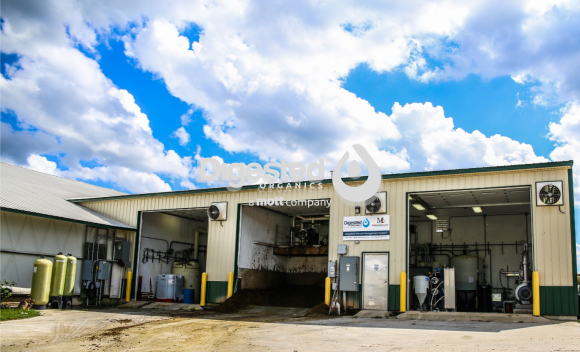
Benefits & Impacts
Reduced disposal costs
Minimize the costs associated with waste disposal by reclaiming and reusing water.
Reduced freshwater consumption
Decrease your facility’s dependence on freshwater sources by reusing reclaimed water.
Reduces environmental impact of wastewaters
Lower the environmental footprint of wastewaters through efficient reclamation processes.
Opportunity for facility expansion
Enable facility growth with the ability to handle increased wastewater volumes.
Generates value-added products
Generate concentrated liquid fertilizer as a valuable byproduct.
How It Works
Step 1: Coarse Solids Removal
The first step in our process involves removing large solids from wastewaters. We use equipment such as the Spiral Brush Screen, vibratory screens, or screw-presses to achieve this.
Step 2: Ultrafiltration
For high-solids wastewaters like manure or digestate, we employ our stainless steel ultrafiltration modules. These modules, constructed with unique geometry and stainless steel, ensure high filtration rates, easy cleaning, and long filter life (over 10 years). The ultrafiltration process captures suspended solids, bacteria, and larger dissolved compounds, resulting in a thick concentrate and a clarified product known as UF Permeate (or “tea-water”).
Step 3: Reverse Osmosis
Sub-Induction Time Reverse Osmosis™ (SIT-RO) is the lowest energy consuming and most fouling-resistant RO process on the market today, allowing extremely high clean water recoveries from wastewater. Applications include recovery of reusable or dischargeable water, concentration of liquid fertilizers, and concentration of leachate.
Step 4: UV Disinfection
As an additional precaution, our system includes a UV disinfection step when the water is reused. Although nearly all organisms are removed during the UF and RO processes, UV disinfection provides an extra layer of safety. Multiple safeguards ensure that only properly treated water is released.
About Water Reclamation Systems
A water reclamation system is a technology designed to treat and recycle wastewater for reuse, thereby conserving freshwater resources and reducing the environmental impact of wastewater disposal. The process involves several stages of filtration and treatment to remove contaminants from the wastewater, resulting in clean water that can be reused for various applications.
Water reclamation systems are essential for sustainable water management, especially in areas facing water scarcity or high wastewater generation. By treating and reusing wastewater, these systems help reduce the demand for freshwater, lower disposal costs, and minimize the environmental footprint of wastewater discharge.
Applications
Water reclamation systems have a wide range of applications across different industries and sectors:
- Agriculture: Treated water can be used for irrigation, reducing the need for freshwater and improving water efficiency on farms.
- Distillery: Managing removal of liquid volume from stillage (65-90%) ideal for backset with remaining concentrate more valuable as animal feed and less costly to transport.
- Industrial Processes: Industries can use reclaimed water for cooling, washing, and other processes, lowering their freshwater consumption and operational costs.
- Municipal Use: Municipalities can use reclaimed water for landscape irrigation, street cleaning, and other non-potable applications, conserving freshwater for drinking purposes.
- Commercial Facilities: Reclaimed water can be used in commercial buildings for toilet flushing, cooling towers, and irrigation, promoting sustainable water use practices.
- Environmental Protection: Water reclamation helps reduce the discharge of untreated wastewater into natural water bodies, protecting aquatic ecosystems and reducing pollution.
Case Studies
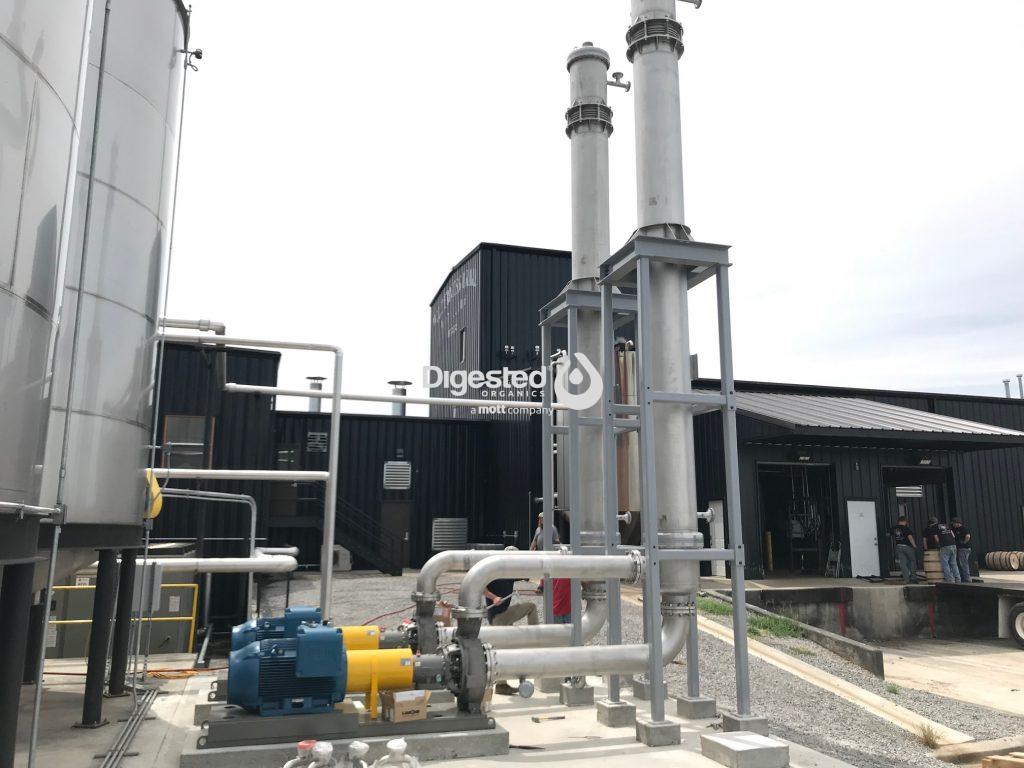
Stillage Filtration & Treatment (Wilderness Trail)
Reference Articles
Fresh From The Blog
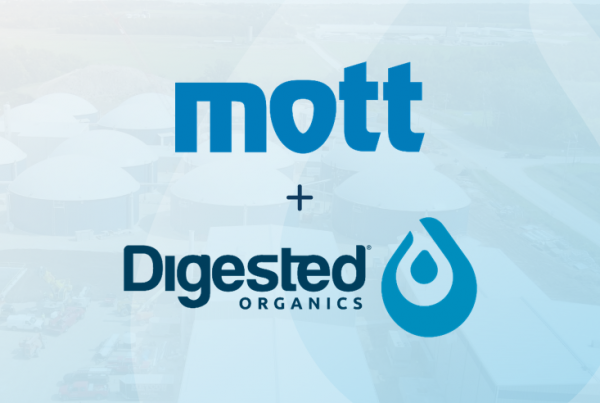
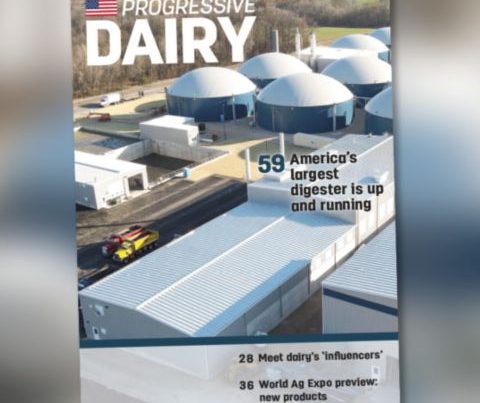
FAQs: Water Reclamation Systems
What is a water reclamation system?
A water reclamation system is a technology designed to treat and recycle wastewater for reuse. It involves multiple stages of filtration and treatment to remove contaminants, resulting in clean water that can be reused for various applications.
How does a water reclamation system work?
A water reclamation system works by first removing coarse solids from the wastewater. It then uses ultrafiltration to capture suspended solids, bacteria, and larger dissolved compounds. The clarified water undergoes forward osmosis to remove additional water, which is then recovered using reverse osmosis. Finally, the water is disinfected using ultraviolet (UV) light to ensure it is safe for reuse.
What are the benefits of using a water reclamation system?
- Reduced Disposal Costs: Lower the costs associated with wastewater disposal by reclaiming and reusing water.
- Reduced Freshwater Consumption: Decrease reliance on freshwater sources by using reclaimed water.
- Environmental Impact Reduction: Minimize the environmental footprint of wastewater disposal.
- Opportunity for Facility Expansion: Handle increased wastewater volumes efficiently.
- Value-Added Products: Generate concentrated liquid fertilizer as a valuable byproduct.
What types of contaminants can a water reclamation system remove?
A water reclamation system can remove a wide range of contaminants, including:
- Suspended solids
- Bacteria and viruses
- Dissolved organic matter
- Nutrients (e.g., nitrogen, phosphorus)
- Heavy metals
What are the applications of water reclamation systems?
- Agriculture: For irrigation, reducing the need for freshwater.
- Industrial Processes: For cooling, washing, and other industrial applications.
- Municipal Use: For landscape irrigation, street cleaning, and other non-potable uses.
- Commercial Facilities: For toilet flushing, cooling towers, and irrigation.
- Environmental Protection: To reduce the discharge of untreated wastewater into natural water bodies.
How much water can be recovered using a water reclamation system?
With most materials, a water reclamation system can recover more than 70% of the total volume as clean water while concentrating nutrients by 3-5 times.
Are water reclamation systems environmentally friendly?
Yes, water reclamation systems are environmentally friendly. They reduce the demand for freshwater, lower disposal costs, and minimize the environmental impact of wastewater discharge. By treating and reusing wastewater, they help conserve water resources and protect natural ecosystems.
What is the Comprehensive Service Plan (CSP) offered by Digested Organics?
The Comprehensive Service Plan (CSP) covers all associated operating costs of the NCWR system, except for electricity. The CSP ensures predictable costs for wastewater processing, significantly reducing overall facility expenses. It includes remote monitoring, quarterly inspections and tuning, all required consumables, and 100% satisfaction guarantee.
How can I determine if a water reclamation system is right for my facility?
To determine if a water reclamation system is suitable for your facility, consider the following factors:
- The volume and type of wastewater you need to treat
- The specific contaminants present in the wastewater
- Your facility’s water usage and needs
- Your operational budget and environmental goals

